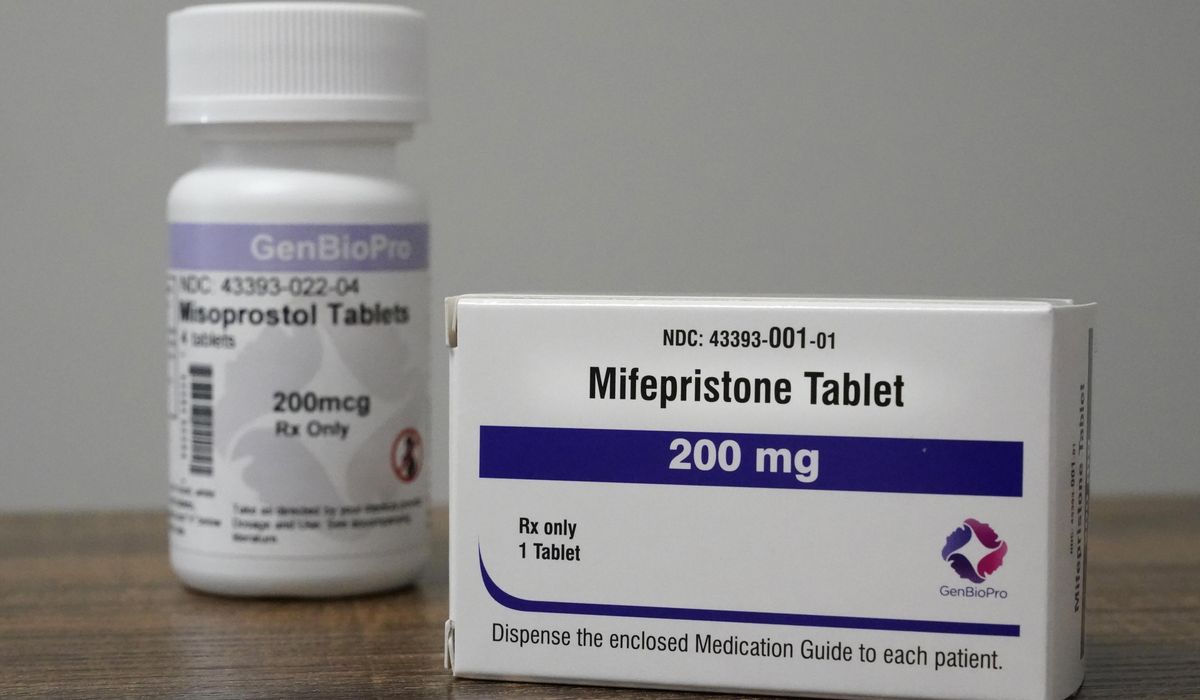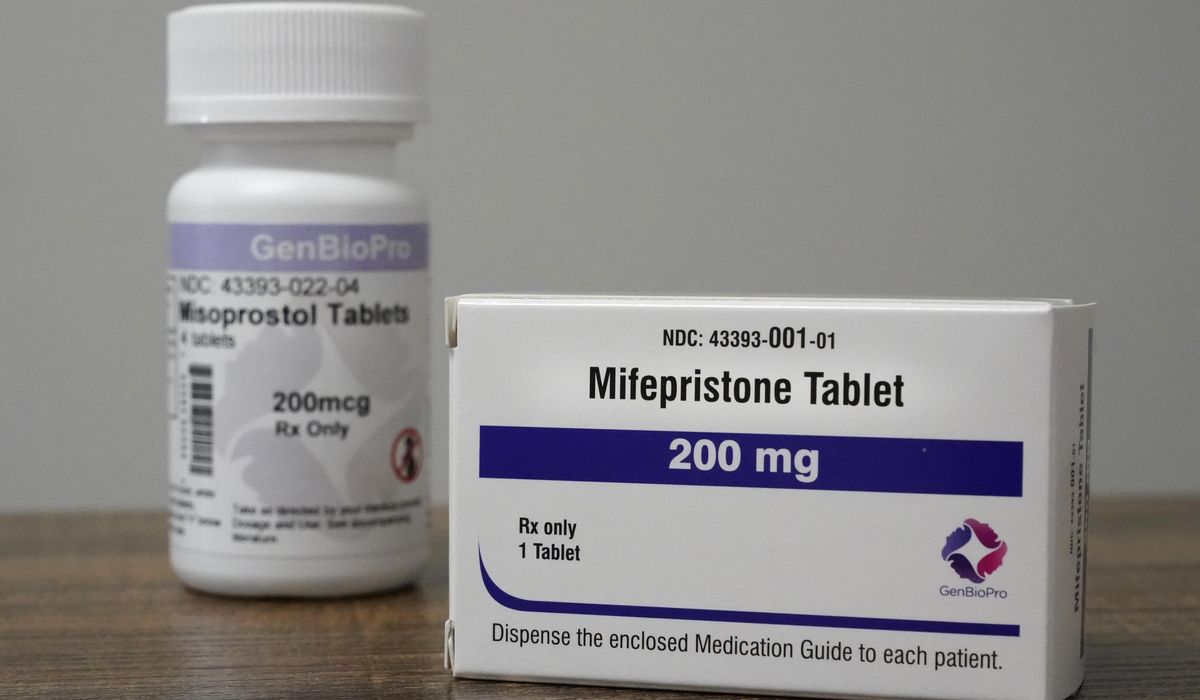
The abortion pill is now the most common method used to terminate U.S. pregnancies, but a newly released study finds that a third of women who take the drug find the experience more traumatic than anticipated.
A white paper issued this month by Support After Abortion found that 34% of those surveyed who obtained chemical abortions said their “outlook on themselves or their decision changed negatively since their abortion,” in some cases years later.
In addition, 24% said they searched for help after their abortion, while 39% said they did not seek help but that they could have benefited from speaking with someone. Only 18% knew of organizations that provide emotional support following abortions.
“While some women expressed relief, many were traumatized by medication abortion, an experience they said was far more painful, physically and emotionally, than they had imagined,” said the paper on the “long term negative impact of medication abortion.” “The study reinforces the need for forthright, transparent information on the impact of medication abortion and access to healing care.”
The study comes with the Biden administration moving to increase access to pregnancy termination after the Supreme Court’s June 24 decision in Dobbs v. Jackson, which sent regulatory authority on abortion back to the states.
The Food and Drug Administration lifted permanently in December restrictions requiring in-person doctor visits for women seeking abortion pills, allowing them to be obtained through the mail after a telehealth visit with a medical provider.
Lisa Rowe, CEO of Support After Abortion, which runs a hotline and connects women to post-abortion resources, said the study shows that many women struggle after undergoing chemical abortions, “yet many of America’s leaders make abortion about politics and religion, forgetting about the humans behind the abortion experience.”
The two-pill process, approved for ending pregnancies of up to 10 weeks, accounted for 54% of all abortions in 2020, up from 39% in 2017, according to the Guttmacher Institute.
“Our society has raised awareness about, and provided resources for, healing of traumas like sex abuse, addiction and neglect,” said Ms. Rowe. “But we have largely ignored the need for healing after abortions.”
The randomized market survey by ShapardResearch in Oklahoma City, described as the first to focus on “the adverse impacts of medication abortions,” started with 14,000 women, 8,000 of whom had lost a pregnancy through stillbirth, miscarriage or abortion. Of those, 114 had used abortion pills. The survey’s margin of error was +/- 9%.
Planned Parenthood on its website likens the experience of a pill-induced abortion to “having a really heavy, crampy period, and the process is very similar to an early miscarriage,” but some of those quoted by Support After Abortion describe something much more difficult.
“It was 100 times more painful than [I was] told,” said one woman in the report. “It took over 12 hours to completely expel the tissue. It was so much more traumatic than a surgical abortion, which I had once before.”
Another woman said that her medication abortion “was what I expected, but not enough resources for your mental health after.”
The 34% of women who reported adverse changes cited depression, anxiety, substance abuse and suicidal thoughts.
The survey pointed to a need for non-religious counseling and healing programs. About 73% of the women surveyed said they did not attend church regularly, and none of them said they would seek help from a member of the clergy.
“Through the research, women in pain have voiced their need for support after abortion that is not affiliated with religious groups and allows them to receive help anonymously,” said the report. “The knowledge gained from the research will help Support After Abortion to promote compassionate, nonjudgmental care.”
Health, The New York Today




